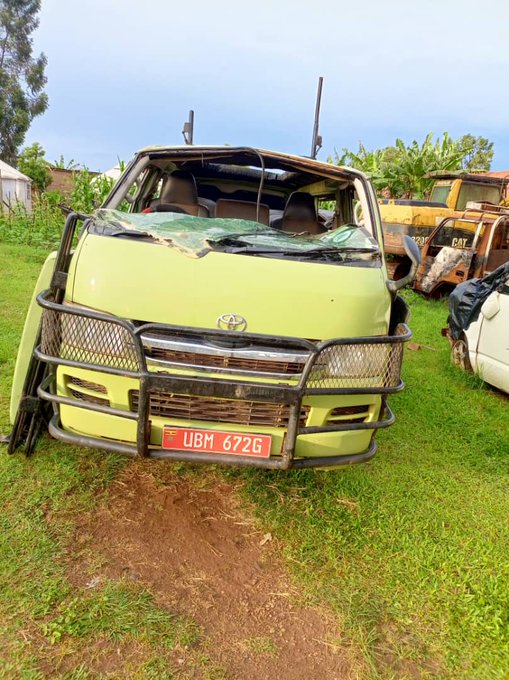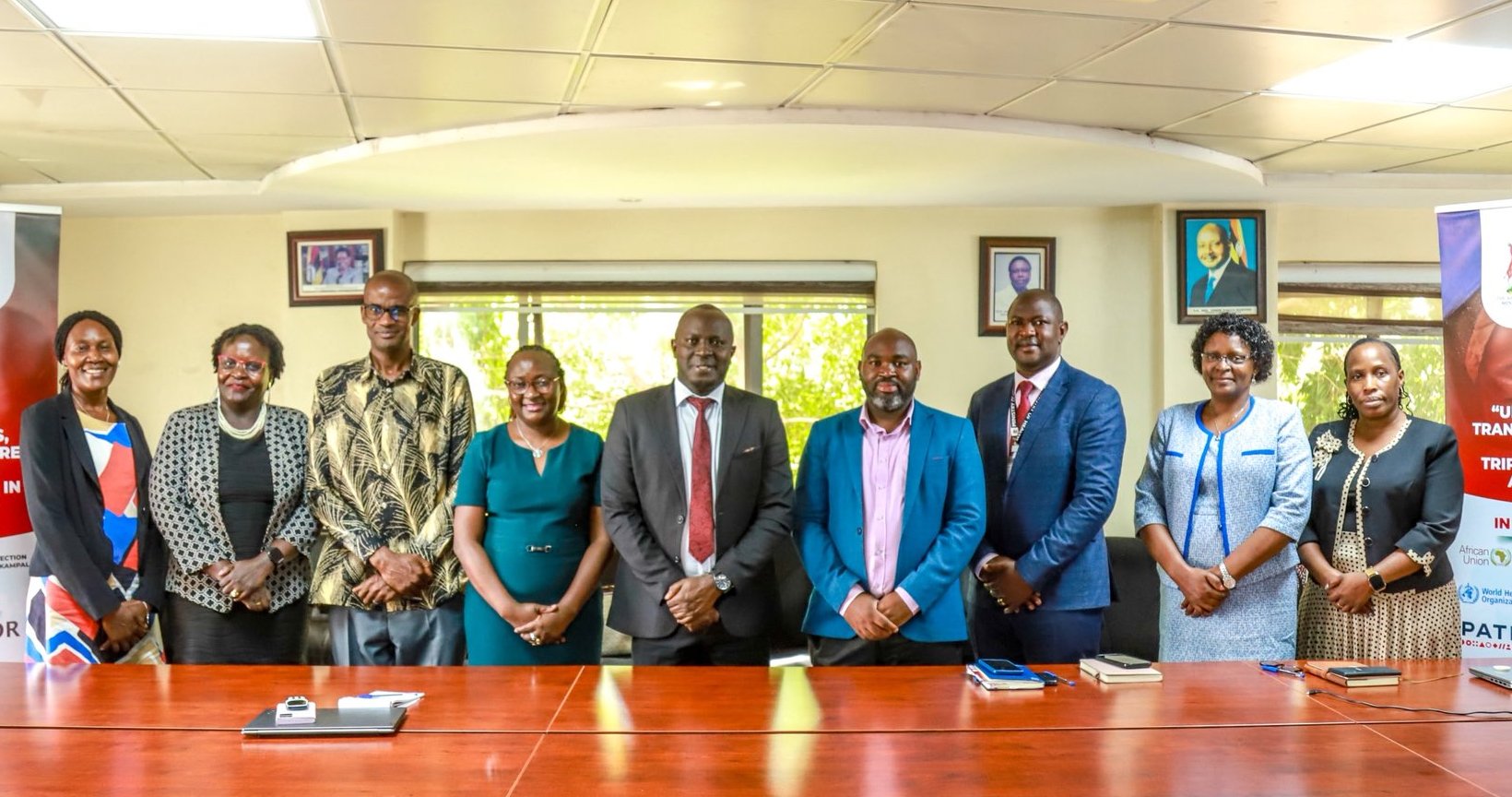A Fatal Accident That Could Have Been Prevented
The van, described by traffic police as a “drone” (a locally modified commuter vehicle), lost control, and flipped. By the time the dust had settled, one passenger was dead.

At around 5:45 PM on Sunday 25th May, a tour van registration UBM 672G sped down the narrow, winding stretch of the Bunjako–Buwama road in Mpigi District. Inside, passengers were crammed dangerously, seated in positions that were neither safe nor legal. What was meant to be a routine journey perhaps an afternoon of sightseeing or returning from a local event turned into a nightmare in seconds.
The van, described by traffic police as a “drone” (a locally modified commuter vehicle), lost control, and flipped. By the time the dust had settled, one passenger was dead. Six others were nursing injuries some severe, some life-altering. The driver? Nowhere to be seen. He fled the scene.
It was not just a tragic accident it was a tragedy foretold. Earlier that day, police at Lungala checkpoint in Mpigi had flagged down the very same vehicle, UBM 672G, alongside three others: UBG 649K, UBM 631E, and UAR 351Z.
According to Michael Kananura, the spokesperson for the Directorate of Traffic and Road Safety, the offences were clear and serious, breach of operator’s license, dangerously transporting passengers, obscured registration plates, and reckless driving. While three drivers complied and were detained at Mpigi Police, the driver of UBM 672G defied orders and sped off, continuing his journey with a vehicle full of unsuspecting passengers.“
“What may appear to be an inconvenience being stopped at a checkpoint or questioned by police can, in fact, be a critical, life-saving intervention,” Kananura said. “This tragedy at Lwafumu Forest is a painful reminder of the consequences of ignoring traffic laws and police directives.”
The van, he revealed, was not just being operated illegally it was a ticking time bomb on wheels.
The tragedy comes at a time when Uganda is witnessing a spike in reckless driving among operators of tour and commuter vehicles, especially during busy travel seasons. Modified vans, commonly known as “drones”, are becoming notorious for flouting road safety measures overloading passengers, tampering with licence plates, and pushing speed limits on roads not built for high-speed travel.
“This season, we’re seeing a disturbing trend,” Kananura warned. “Tour vehicles, especially those without proper operating licences, are carrying passengers like cargo crammed, unsecured, and unprotected.”
For many in Mpigi, the loss is deeply personal. Roads like Bunjako–Buwama are lifelines connecting rural communities to health centers, markets, and urban centers. But for far too long, they have also become scenes of bloodshed due to careless driving and lax enforcement.
On social media, tributes poured in for the deceased, with users echoing a growing frustration with unregulated tour operators and pleading for stronger action from authorities.
But beyond the outrage lies a painful truth, this crash was not an isolated incident. It was a symptom of a system stretched thin, a combination of driver impunity, weak enforcement, and a public that sometimes overlooks safety in pursuit of convenience or affordability.
Kananura ended his statement with a heartfelt plea, “We call upon all road users drivers, passengers, pedestrians to prioritize safety. We all share these roads. Let’s not wait for another tragedy to value the lives we lose every day.”







